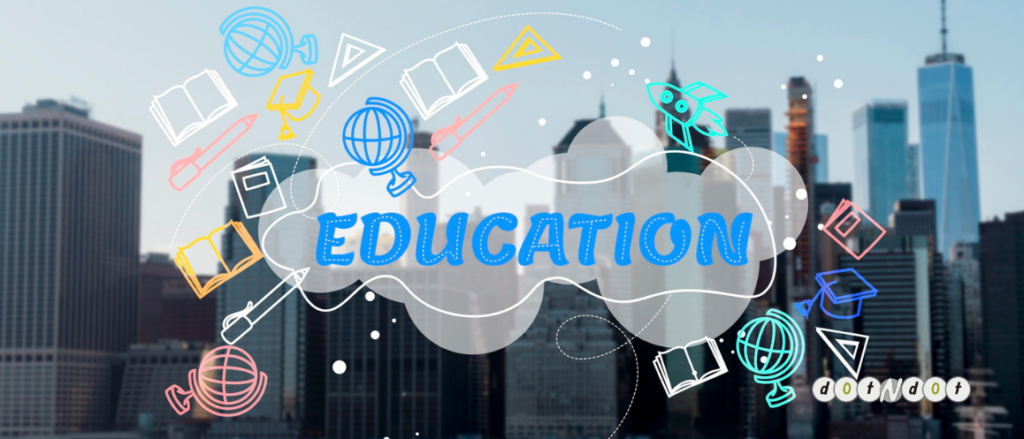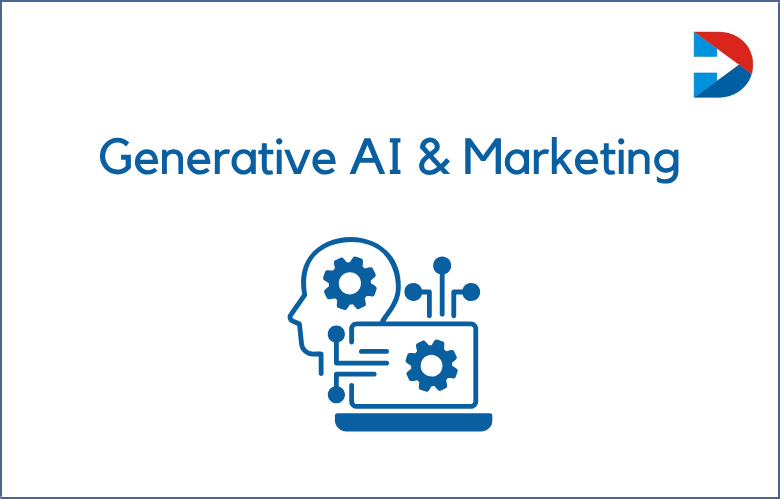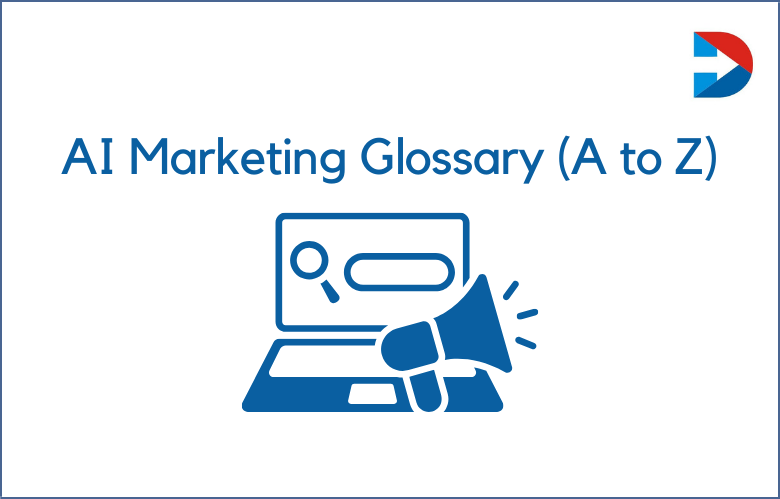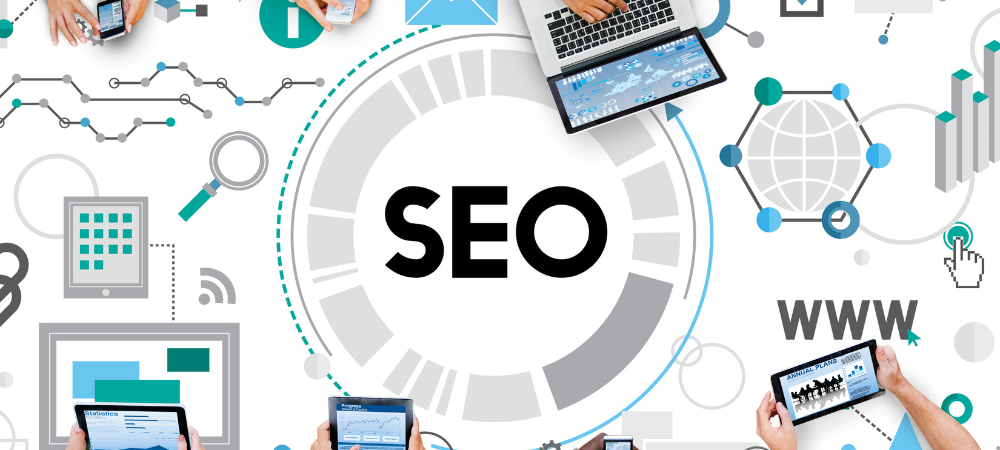
The COVID-19 Pandemic has allowed 2021 to find some remarkable advanced technologies in education. This pandemic has interrupted the future of education, and the EdTech trends are promising to find a strong path through innovation. Moreover, the acceptance of EdTech by universities, schools, and educational institutions is seen far less. But now EdTech has become a craving source for educational institutions, especially in adopting new teaching and learning methods. Here we’ve listed the EdTech trends that make EdTech an integral part of the education system.
EdTech Trends for 2024
Artificial Intelligence
Artificial Intelligence is the current and future trending buzzing technology ruling the entire marketing world.
Adaptive Learning
It is the process of customizing the learning experience that serves specific needs through feedback and other resources.
Augmented and Virtual Reality
Augmented and Virtual Reality lets the learners view the objects to life by adding digital elements.
Blockchain Technology
It helps in finding new opportunities for the business through the provision of transparency and security.
Circular economy of EdTech
EdTech enables educational institutions to accelerate the digital transformation that helps improve the business.
Design thinking
Enhancing business growth requires a strategic approach to finding the success of their performance.
Digital citizenship
It is responsible for using advanced technology by anyone using the internet, computer, and digital components to engage with society.
Evidence-based tech procurement
It helps in guiding the appropriate business and different resources in purchasing.
Improved information accessibility
The enhancement of data collection can let you find the growth over EdTech.
Learning Analytics
The analysis of analytics can help in measuring the performance of the business.
Learning science
This is the most significant trend that can enhance student engagement, performance, and customization.
More ‘ed.’ Less ‘tech’
The implementation of more educational strategies along with less technology.
Professional learning
The adaptability of professional learning to use advanced technology can improve performance.
Smartboards
Smartboards are another trend that is influencing all educational institutions to adopt.
Social, emotional learning
The emotional touch is the top marketing strategy that we know.
Tech to improve collaboration
The development of technologies can enhance collaboration with others.
The ISTE Standards
These can enable education leaders and educators globally to learn and sustain life.
The Top EdTech Trends That Will Disrupt Education In 2024
Virtual Reality will be used to teach students about historical events.
AI will take over the traditional role of teachers, freeing them up for more creative work.
3D printers will enable schools to produce their materials on-site and reduce costs
Students can start learning from birth with augmented reality apps that follow them through life.
Virtual classrooms will be more affordable and accessible to students.
Schools will require students to use their own devices for learning.
Students will learn about the world around them with immersive VR experiences.
AI tutors will become commonplace in schools, taking over some of the burdens from teachers.
Virtual Reality will be used for more than just gaming.
Artificial Intelligence will be integrated into every aspect of education, including grading and student evaluation.
Augmented Reality will help students visualize concepts and ideas in new ways.
Mobile devices are becoming the primary way to access information.
Virtual Reality (VR) and Augmented Reality (AR) will be new learning methods for students.
Students will have access to any textbook, lecture, or lab that they need from the comfort of their homes.
Schools can customize their curriculum based on students’ needs and interests.
AI robots may replace teachers in some classrooms.
Technology will be more prevalent in the classroom.
Students will have access to any information they need on their mobile devices.
Online courses and MOOCs will continue to grow in popularity, with more universities offering them as an option or partnering with companies like Coursera and edX for content delivery.
Artificial Intelligence will be used in education, including intelligent tutoring systems that help students learn new skills by giving them feedback on what they are doing well and improving.
Virtual Reality will be used to teach students in a more immersive way.
Artificial Intelligence will help teachers personalize lessons for students.
Augmented Reality will allow virtual objects to exist in the physical world, like math problems appearing on chalkboards and interactive books that come alive when read.
Voice-activated technology will make it easier for people with disabilities to access educational tools.
MOOCs will be the norm for higher education.
Virtual Reality will become more widespread in schools.
Digital textbooks will replace traditional books.
Schools and teachers will use AI to personalize student lessons based on their needs, abilities, and interests.
Everything from homework assignments to lectures will be available online through streaming services like Netflix or YouTube.
Virtual Reality will become a more common tool in the classroom.
Artificial Intelligence will create personalized learning experiences for students.
Online courses and MOOCs will be more prevalent than ever- they’ll have even higher completion rates because of these advancements. Augmented Reality will grow exponentially over the next few years, especially in medicine.
AI will be more prevalent in the classroom, assisting teachers with grading and lesson planning.
3D Printing will allow students to do their projects at home or school
VR headsets will provide a new way for students to experience education outside the classroom.
Augmented Reality (AR) apps like Google Expeditions will become more common in classrooms.
Online courses like Stanford University and MIT will become even more popular.
Virtual Reality will be widely used in K-12 schools.
Artificial Intelligence and machine learning will be integrated into classrooms to help students learn more effectively.
The use of mobile devices, tablets, and laptops for schoolwork will continue to increase to keep up with the rapid pace of change in the world today.
More people are turning towards online courses instead of traditional classroom education because it’s easier than ever before
Bottom Lines
Businessess invests in the different EdTech app strategies that allow education technology to find new learning technologies. The EdTech mentioned above trends can enable firms to see growth. Additionally, the optimization of external resources and tool usage can best fit.




